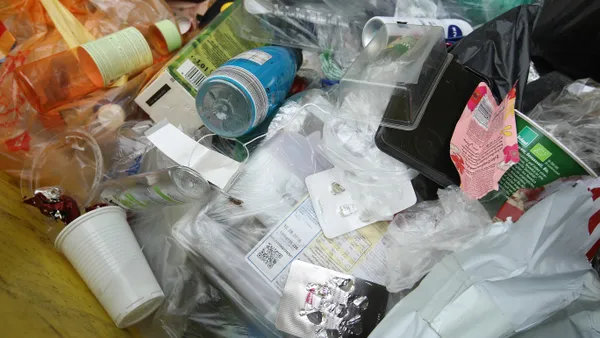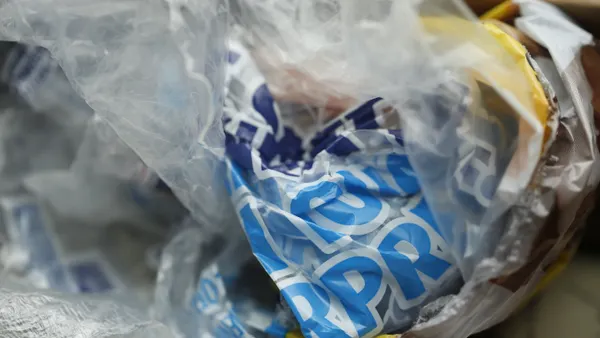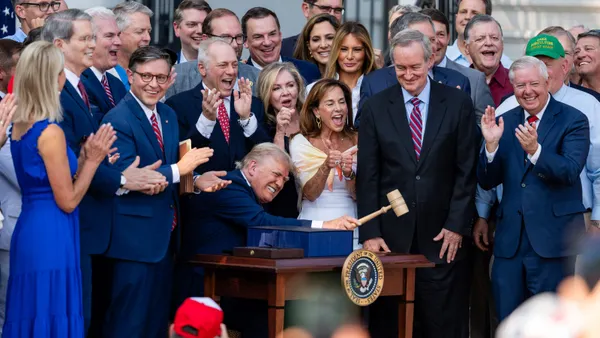Looking to talk more trash? Check out all of the episodes or follow us on iTunes!
Chinese policy has long been a factor in the flow and value of commodities from the U.S. recycling market. Since the late July announcement that China will begin restricting imports of two dozen material types by the end of the year, if not sooner, this has been the main topic of conversation across the industry.
The Chinese government has said this is motivated by a desire for higher environmental standards, though the short timeframe is alarming to many. Trade groups such as the Institute for Scrap Recycling Industries (ISRI) and the Solid Waste Association of North America (SWANA) have since filed their own comments to the World Trade Organization asking for more clarity. SWANA's comments, released this week, ask for a five-year extension to phase in the new specifications. While industry professionals say anything is possible, all are preparing for this policy to take effect as soon as advertised.
Even with that mindset, the many unknown factors behind China's new approach make it difficult to know what to expect. The industry's large publicly traded companies are seen as less vulnerable because recycling doesn't comprise their entire business model. Municipalities that have shifted to the revenue-sharing contract model favored by many companies may also take less of a hit. The effects for smaller regional or local players will vary, depending on how they're set up.
To hear more about what everyone is thinking, Waste Dive interviewed multiple attendees of the recent Resource Recycling Conference in Minneapolis. Dylan de Thomas, vice president of industry collaboration for The Recycling Partnership, offered perspective on how this compares to Operation Green Fence. Bill Keegan, president of Dem-Con, and Kate Davenport, co-president of Eureka Recycling, shared their thoughts on the potential outcomes for smaller operations. Pete Keller, vice president of recycling and sustainability for Republic Services, discussed how he has seen this situation develop and why he thinks it may not directly lead to the creation of more domestic end markets, as much as some hope. Rep. Keith Ellison of Minnesota, a closing speaker at the conference, also shared thoughts on why this ban isn't getting much attention in political circles.
Sit back, relax and crank up the volume. This is Talkin' Trash with Waste Dive.










